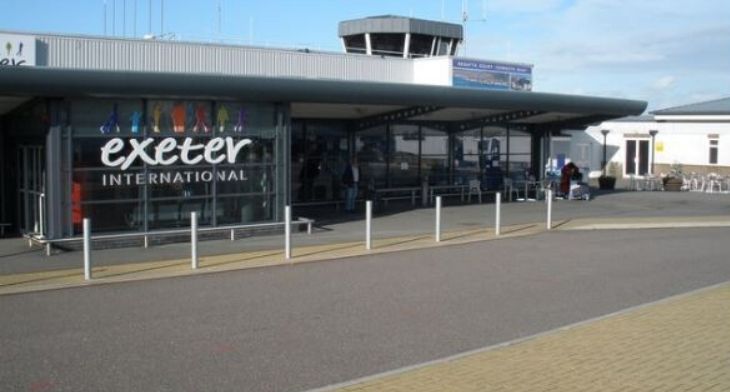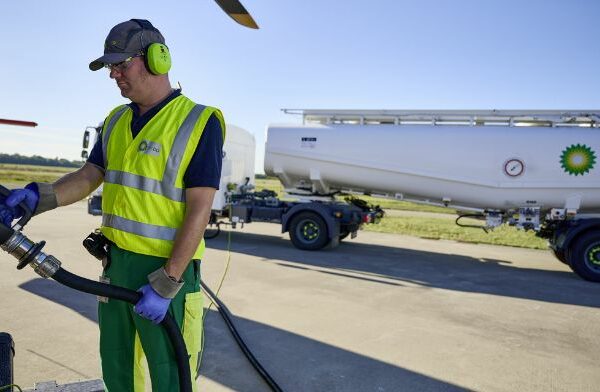


The full impact of the coronavirus pandemic on UK airports is proving utterly devastating.
According to the Airport Operators Association (AOA), during the first four months of the pandemic UK airports lost just under £2 billion, the equivalent of more than £150 million per day, or more than £10,000 per minute.
The group predicts that collectively its member airports will lose at least £4 billion in revenue by the end of 2020. This doesn’t account for the multiplier effect on the businesses and wider community within an airport’s catchment.


“Whilst we have seen passengers begin to return, passenger numbers are not expected to reach pre-Covid levels for a considerable period and airports will continue to face challenges and pressures unimaginable six months ago,” she continued.
A case in point is Exeter Airport, which despite the Channel Islands-based carrier Blue Islands starting new routes, and leisure carrier TUI restarting its summer holiday programme from 1 August, is cutting jobs. The airport – part of the Regional and City Airports group which also owns and operates Bournemouth, Coventry and Norwich Airports – blames the economic fallout from the coronavirus health crisis for changing the way it must operate. It is understood that 96 jobs will go with those affected employed in a range of roles. They include baggage handlers, air traffic control, ground crew, security and the fire station.
To prevent further job losses and support the sector through the unprecedented crisis, the AOA alongside CEOs of UK airports have written to the Prime Minister Boris Johnson seeking relief from business rates payments for 2020-2021; additional support with employment costs beyond the October end of the coronavirus job retention scheme; funding for the Civil Aviation Authority for the 2020-2021 charging period; and a suspension of Air Passenger Duty (APD) for at least six months to stimulate increased airline activity.
Stating that airports have done everything in their power to weather the storm without specific government support afforded to other sectors, Dee said that the loss of close to £2 billion during the lockdown should serve as a wakeup call to Government. “It should lead them to finally grasp the severity of the challenge and threat that the pandemic has posed and continues to pose to the sector.”
We cannot have a full national economic recovery without a thriving aviation sector; airports are essential components of Britain’s ambition to be a global trading nation and form a vital network for economic stimulus across the UK, levelling up the regions. These figures show that it is high time that the government acts with urgency and supports airlines through the biggest challenge that they have ever faced.
Karen Dee, Chief Executive, Airport Operators Association (AOA).





